Frederica Freyberg:
Dueling tax and spend priorities out of the Capitol this week. Republican lawmakers want to use nearly three-quarters of the state’s projected $4 billion surplus to lower taxes in the third income bracket. The proposal would reduce the tax from 5.3% to 4.4% for joint filers earning between $18,420 and $405,550 per year. The plan would also exclude the first $150,000 of a couple’s retirement income from taxes. While the state Assembly moved quickly to a public hearing on the plan, Senate leadership says only that the proposal is under discussion. But Senate co-sponsor of the tax cut, Republican Rachael Cabral-Guevara says her constituents are telling her they’re struggling to make ends meet due to high prices for things like school supplies and other everyday purchases.
Rachael Cabral-Guevara:
All of these little costs are adding up, adding up, adding up. We are sitting on all this money that these individuals have earned and paid in. It needs to go back.
Frederica Freyberg:
Governor Tony Evers says he would like to consider the plan but his office has concerns it would jeopardize more than $2 billion in federal relief funds, which states are prohibited from using to offset tax reductions. He also wants Republicans to consider funding his priorities like childcare and the university system. Here to unpack this proposal, Jason Stein from the Wisconsin Policy Forum. Jason, thanks very much for being here.
Jason Stein:
My pleasure, thanks for having me.
Frederica Freyberg:
The retirement income exclusion up to $150,000 is new. What is your reaction to that proposal in this package?
Jason Stein:
It’s obviously something that could be a popular proposal. It is a group that has many vulnerable people in it. Also has many voters in it and that is something that is always in mind for politicians. At the same time, we are an aging state so that means this is a very large-ticket item. Also we are a state that is trying to recruit younger workers. So to the extent we put in a big tax break for people at the upper end of the age scale, that is going to bring tension with trying to recruit workers at the younger end.
Frederica Freyberg:
So is it something you think piques the governor’s interest?
Jason Stein:
You know, it is something that would affect people across the income span or people at lower or middle incomes, so that may make it somewhat more attractive to him. At the same time, I think the size of the package is probably beyond what he would like to see, given he has other priorities for the surplus.
Frederica Freyberg:
So as to the governor, his office says that this income tax reduction puts in jeopardy more than $2 billion of federal relief funds because they are prohibited being used this way as tax reduction offsets. Is that still true, to your knowledge?
Jason Stein:
You know, I think there’s a legitimate concern there to the level that the state should look at that carefully and potentially consult with the U.S. Treasury about that. At the same time we do have a surplus. We had a surplus going in this budget of roughly $7 billion. So I think the argument could be made that the state had funds in addition to the $2.5 billion we received from the federal government in excess of that to make tax cuts. You know, at the end of the day, I think the main question here for the public and for elected officials is, what is the best and highest use of that money and then we can worry about, you know, more minor technical issues like that.
Frederica Freyberg:
Well, speaking of the best use of that money, the governor, of course, thinks one of the best uses would be his childcare, billion-dollar childcare package and giving more money to the UW system but the GOP came out with its own childcare package, which doesn’t address with a lot of money. It is more like —
Jason Stein:
Lowering regulations.
Frederica Freyberg:
Yeah, that kind of thing. That’s kind of a standoff here.
Jason Stein:
Sure.
Frederica Freyberg:
How do you think — how might that resolve?
Jason Stein:
Again, I think there are all the elements here for the two sides to reach some sort of a deal. I mean, they have, quite frankly, been more adept at doing that than I think some of us thought they would be. So both in terms of dialing down the tax cut, maybe dialing down what the governor wants from the childcare funding and then perhaps doing something on the regulation side for childcare. There might be some package here you could see that could bring the sides together and maybe leave the state with a healthy balance to weather any unforeseen challenges that come up. I think it is really a matter of political will here. I don’t see any reason why. There is no ideological bound that can’t be bridged.
Frederica Freyberg:
That is what we say today but in terms of the income tax reduction itself, the Senate co-sponsor says it would save the average Wisconsin taxpayer over $750 a year. What about those at the top of that bracket?
Jason Stein:
Again, this is going to be a package that is going to be pretty favorable to people at the upper end because again, it’s going to have its biggest effect for people that have the most income that’s subject to it. Obviously, you can have income for married couples just above $400,000. That being said, this is a package that is still providing something for lower and middle income taxpayers, particularly if they are retired. This is movement I would say on side of Republicans towards where Governor Evers had wanted. Just maybe not as much as he would like to see.
Frederica Freyberg:
Is it your sense the Senate leadership is not moving as quickly on this because they would like to see even more tax cuts?
Jason Stein:
That is potentially true. I think the Assembly has always been a more top-down driven house and that makes it a little bit easier for the leadership there to propose things. It’s always been the practice of Senate leaders to kind of sit back and wait and see if everyone can get on the same page and then they just move to the head of the parade and start leading it but we will see.
Frederica Freyberg:
What kind of position does this put Governor Evers in because everybody likes a tax cut.
Jason Stein:
Absolutely. This is potentially very, you know, attractive to a big voting bloc. At the same time, he’s had some movement in his direction, so I think there’s potentially an opening for him to come to the other side and say, well, you know, this isn’t what I want but here is something that would be closer, to see if the two sides — they also have Miller Park or American Family Field, the Brewers’ stadium, where they are going to need to come up with a deal and that potentially is going to cost money as well. I think he’s got to think about the big picture about what he needs to do over the next year and then try and come up with a compromise that fits.
Frederica Freyberg:
All right. We will be watching all of that. Jason Stein, thanks very much.
Jason Stein:
Thank you.
Search Episodes

Donate to sign up. Activate and sign in to Passport. It's that easy to help PBS Wisconsin serve your community through media that educates, inspires, and entertains.
Make your membership gift today
Only for new users: Activate Passport using your code or email address
Already a member?
Look up my account
Need some help? Go to FAQ or visit PBS Passport Help
Need help accessing PBS Wisconsin anywhere?

Online Access | Platform & Device Access | Cable or Satellite Access | Over-The-Air Access
Visit Access Guide
Need help accessing PBS Wisconsin anywhere?

Visit Our
Live TV Access Guide
Online AccessPlatform & Device Access
Cable or Satellite Access
Over-The-Air Access
Visit Access Guide
 Passport
Passport






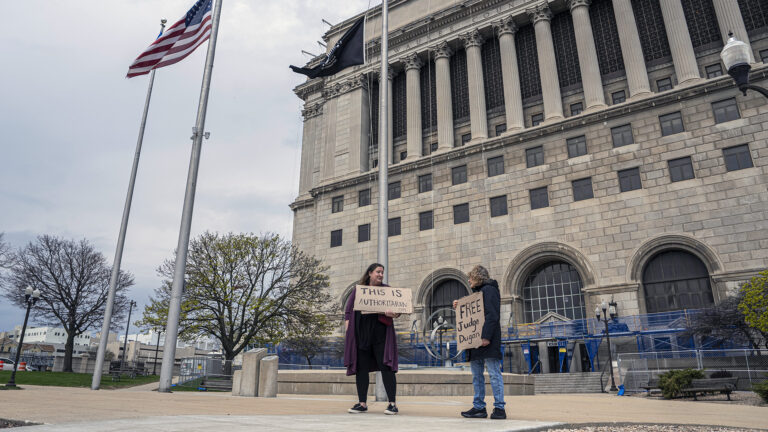
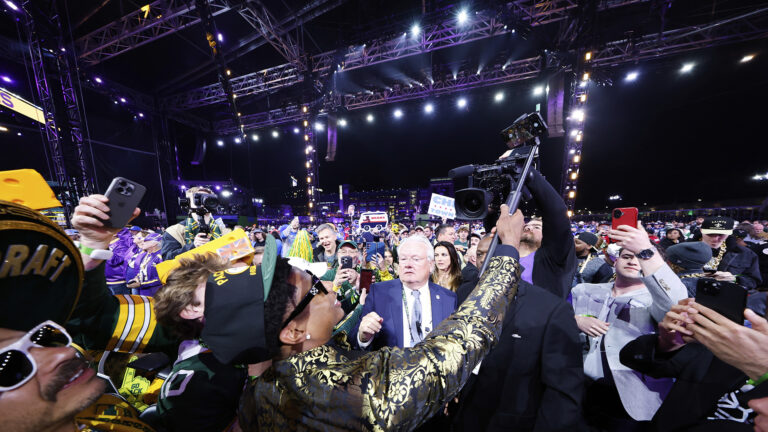
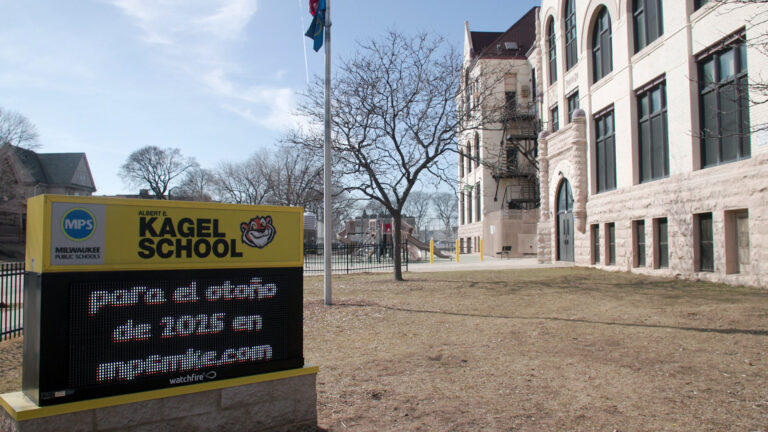
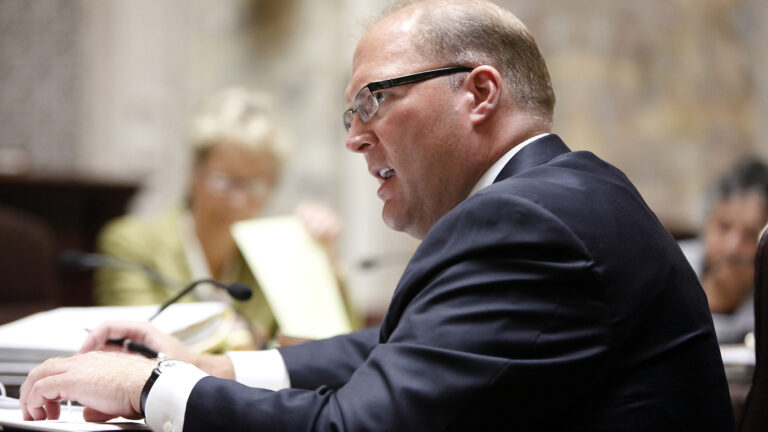
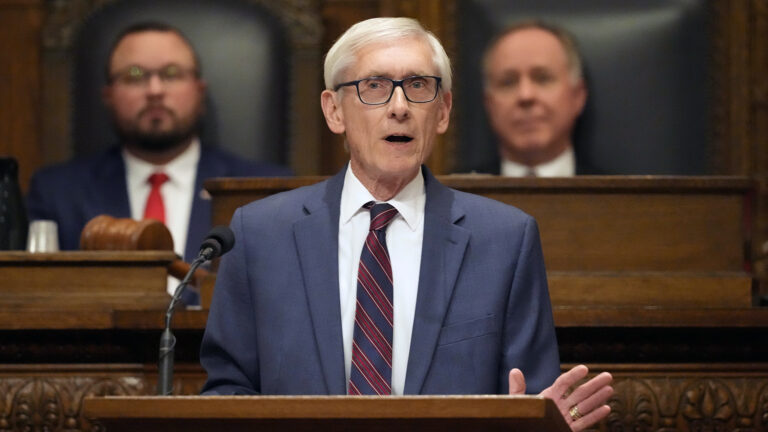
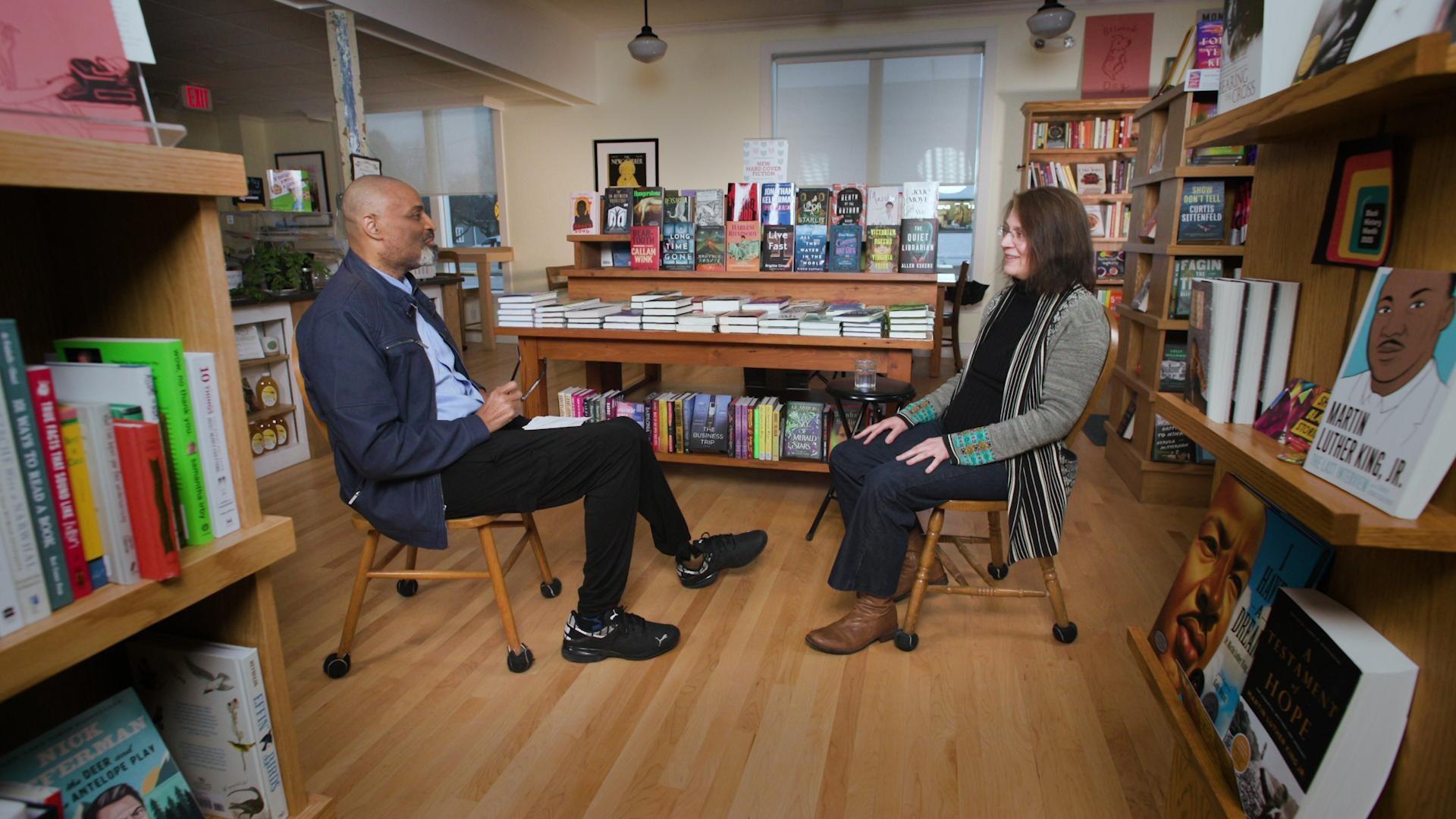
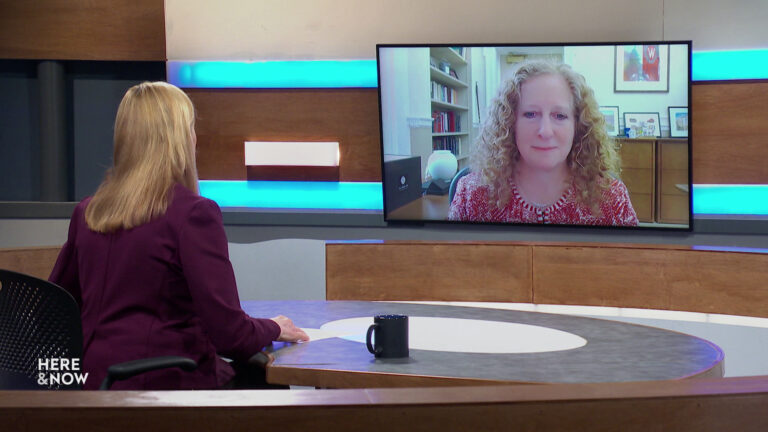

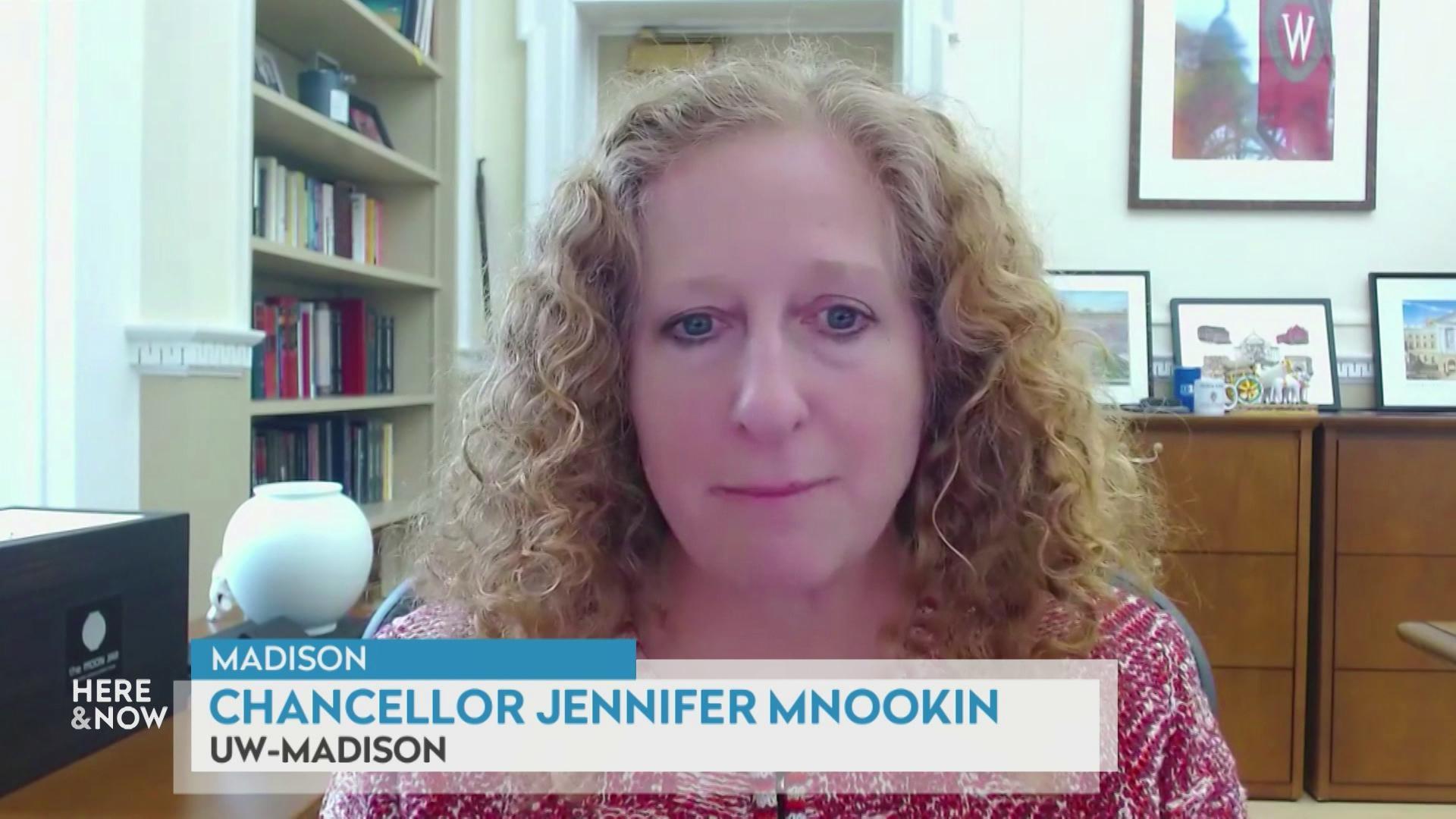
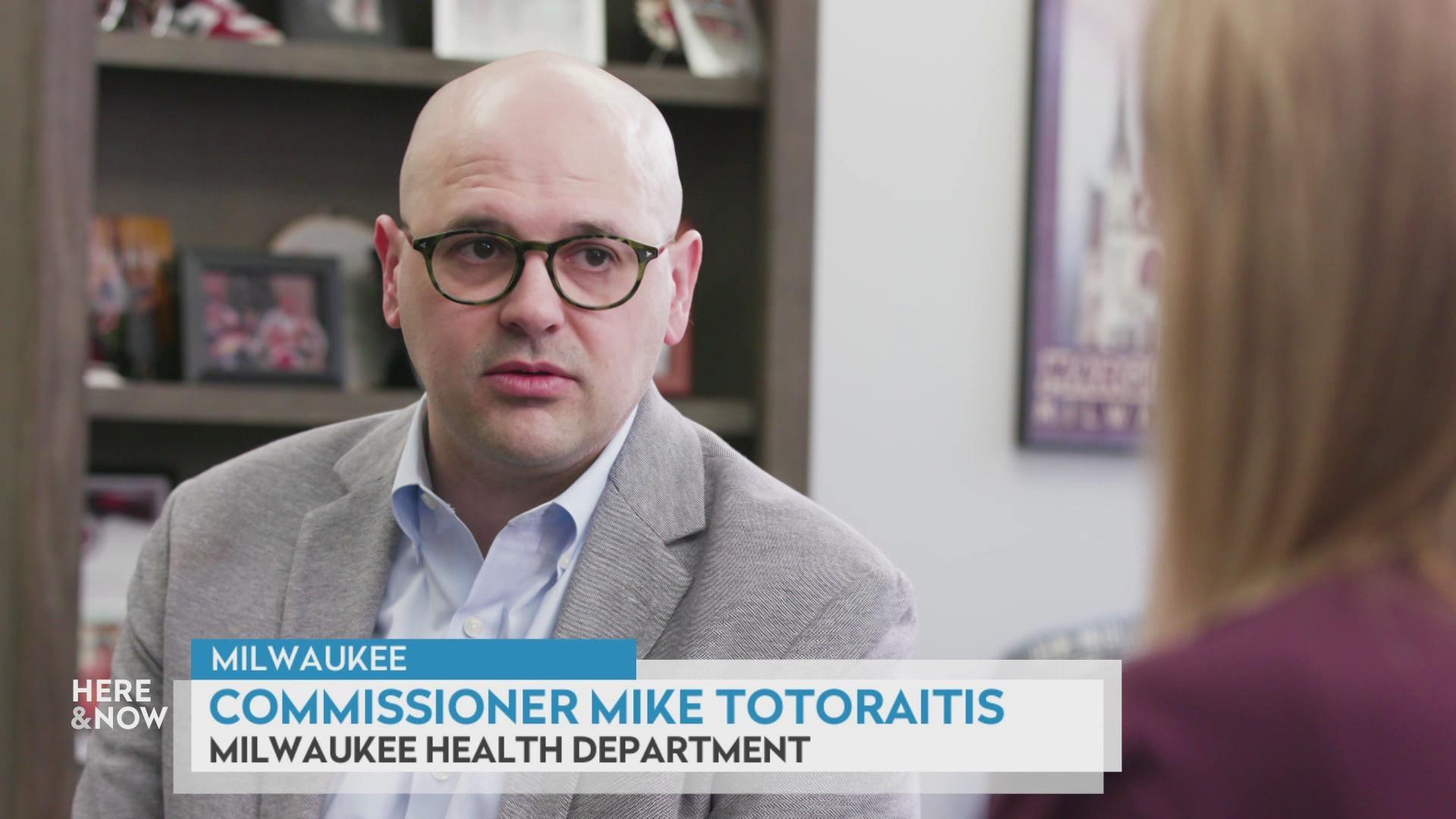
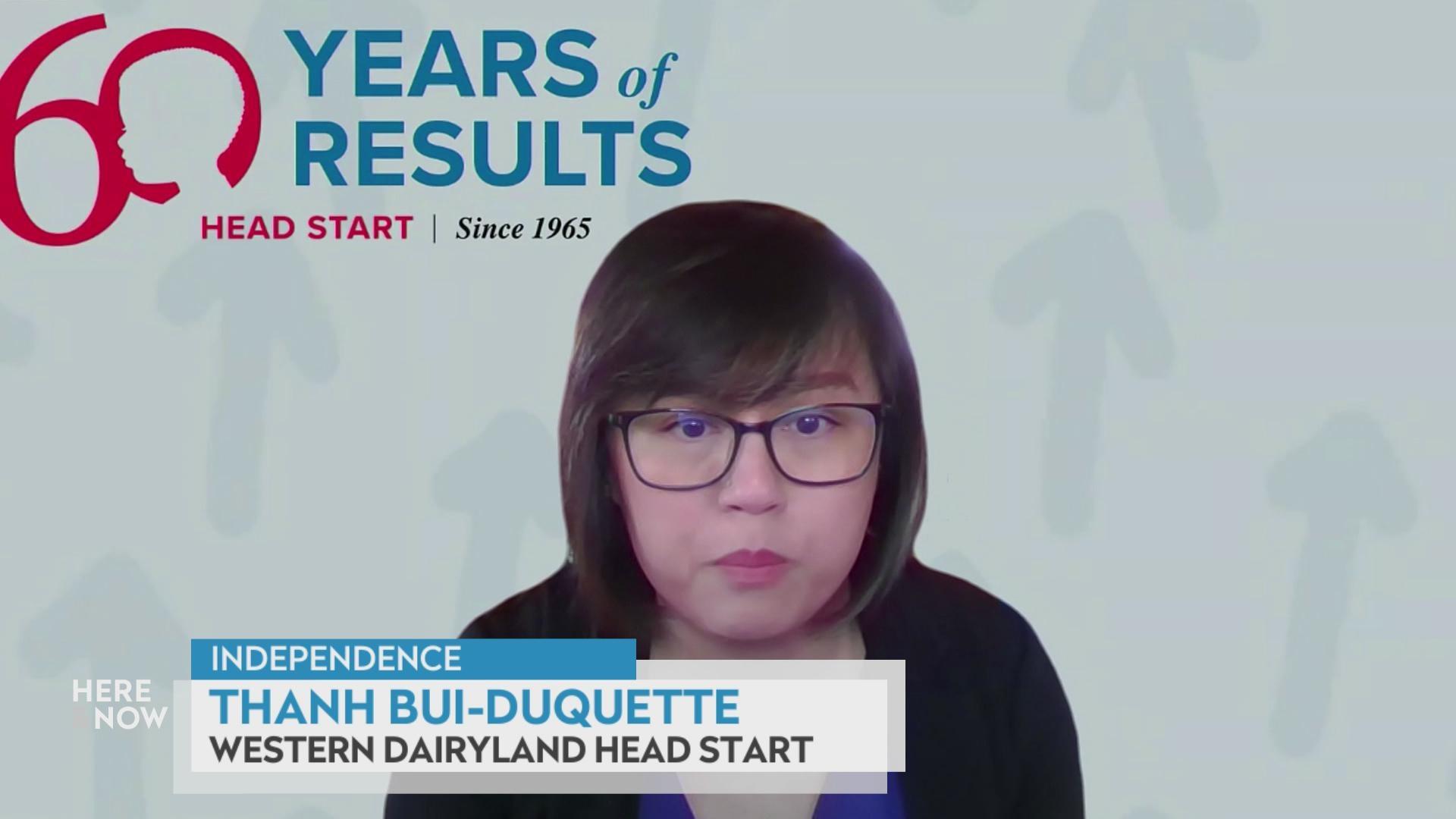


Follow Us